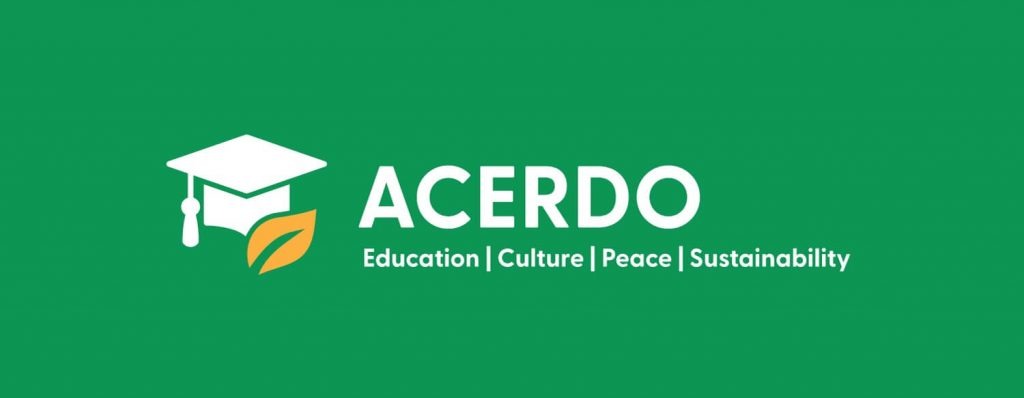
The Asal Centre for Educational Research and Development Organisation (ACERDO)) is a development research and relief organisation that empowers pastoralist communities through sustainable community-driven development interventions.
ACERDO was founded in 2022 by Roba Godana Galgallo who is a DAAD alumni with the support of the local and international scholars and development practitioners who were concerned about the huge and widening humanitarian needs, deepening vulnerabilities and huge development gaps in its target region.
Registered as a Non-Governmental Organisation in Kenya on 20th December 2022, the organisation’s ‘theory of change’ is anchored on working with our target communities to identify challenges, design interventions and mobilise resources to address them. We strive to pursue long-term and sustainable development in collaboration with the beneficiary communities, government, development actors and other stakeholders.
ACERDO’s work is hinged on five key thematic/outcome areas:
(i) Education
(ii) Cultural Protection
(iii) Sustainable Livelihoods Development
(iv) Peace, Conflict Management & Governance
(v) Climate Change Adaptation & Ecosystem Management
In our work, we remain non-sectarian and apolitical. We respect strict political and religious impartiality and operate according to the principles of non-discrimination and transparency. We also fully adhere to Core Humanitarian Standards (CHS)
Vision
To build self-sustaining, self-reliant, poverty-free, well-informed and environmentally conscious communities.
Mission
To improve the well-being of vulnerable ASAL communities through sustainable development
Objectives
Core Values
ACERDO has a robust working Board of Directors with professionals from diverse fields. The members of the Board are driven by the abiding commitment to empower the target communities through sustainable community-driven development interventions.
The Board provides oversight in the organisation by providing strategic and policy direction to the organisation. The Board also ensures that the organisation is adequately resourced to meet the needs of the target groups.
At programme level, ACERDO is run by the Executive Director. There are Programmes coordinator and Finance & Operations manager who report directly to the Executive Director and are responsible for the implementation of the decisions taken by the Board of Directors.
ACERDO operates within Marsabit County (Moyale, North Horr, Saku and Laisamis Sub-Counties) . The organisation also carries out cross-border activities in cooperation with other agencies working in Ethiopia. Marsabit County is the largest County in Kenya with land mass of 70,961.2km2.
Northern Kenya is among the fragile ecosystems in the region. Majority of the population in this region live beneath the poverty line. Livestock is the backbone of the economy and livelihood with limited options for diversification.
School infrastructure is minimal, with few schools and poor road access networks. Marsabit County has the lowest enrolment ratio of boys at 20.5% and girls only at a paltry 14.6% against the national average enrolment ratio of 47%.
The lack of infrastructure and investments and declining formal opportunities to earn an income severely impact residents’ ability to sufficiently provide food, education and healthcare for their families.
The regions cannot produce adequate food from rain-fed agriculture and are therefore exposed to frequent hunger aggravated by frequent droughts happening in short cycles. The arid and semi-arid lands depend mainly on livestock production which is frequently adversely affected and decimated by droughts. 81% of the people are sustained by pastoralism while 16% are agro-pastoralists. 3% of the population is in employment and business.
Inter-community conflicts are common and have to some extent become an aspect of traditional pastoralist culture. The main communities commonly affected by the inter-ethnic conflicts in Northern Kenya are Gabbra, Samburu, Dasanach, Turkana, Burji, Garre, Borana, Rendile and the Somalis.